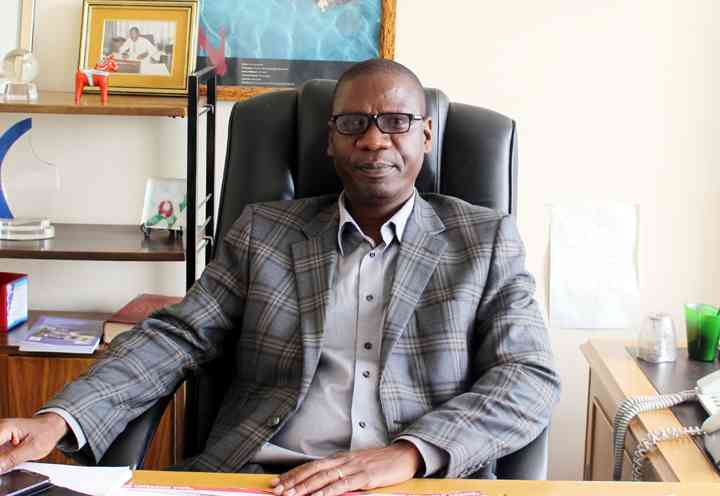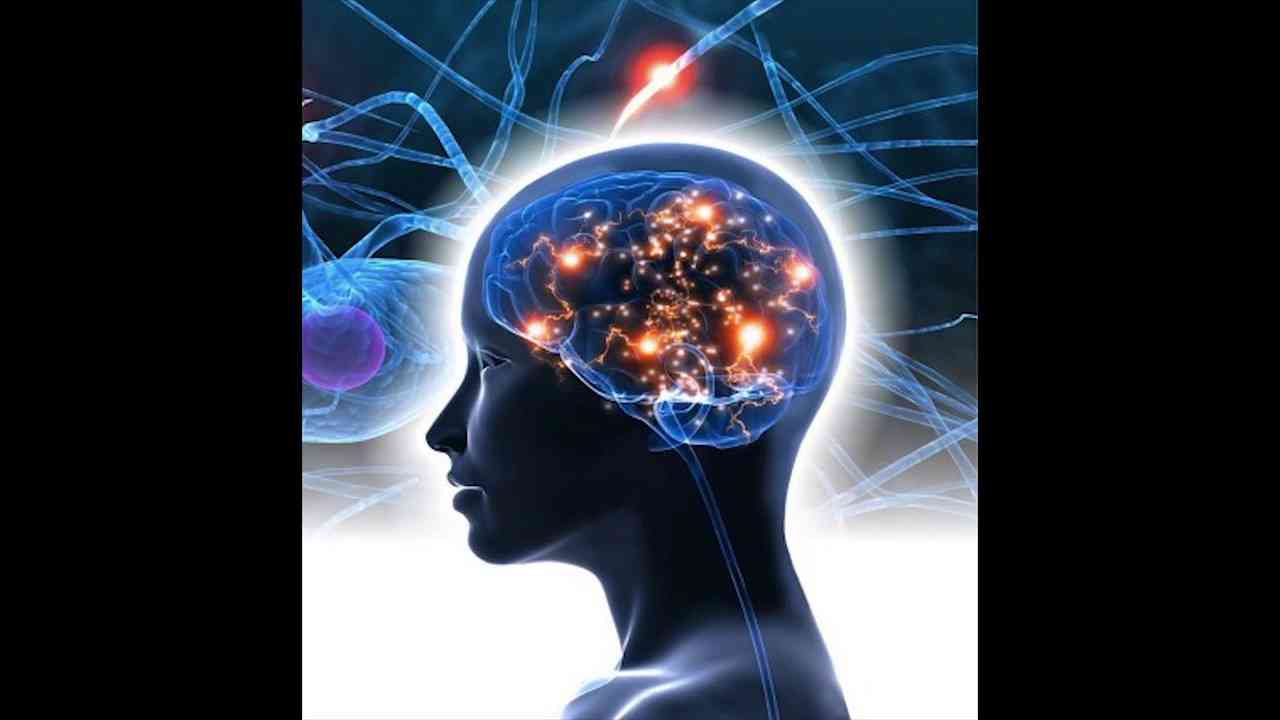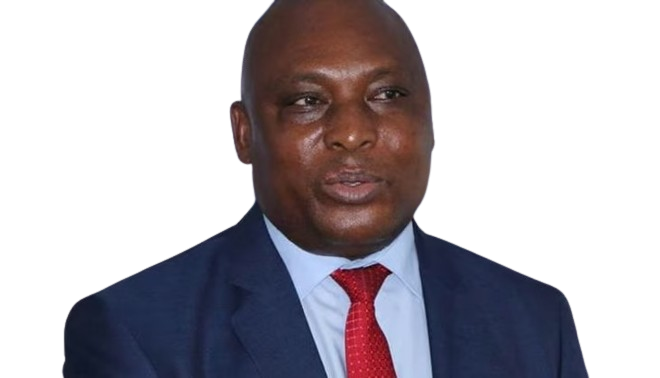
Paidamoyo Muzulu PRESIDENT Emmerson Mnangagwa’s purported dialogue and re-engagement policy was exposed as a farce this week in Kinshasa, DRC, when he milked all political capital he could from a few seconds photo-opportunity with former First Lady Grace Mugabe at the Southern African Development Community (Sadc) summit.
Mnangagwa soon after his ascendancy to the presidency via a coup in November 2017 that deposed long-ruling founding leader Robert Mugabe, initiated a process of dialogue and re-engagement. The policy was meant to unite polarised Zimbabweans and bring back Zimbabwe into the community of nations. He formed a Political Actors Dialogue (Polad) platform to deal with domestic issues and started a re-engagement process with the international community, in particular the European Union, Commonwealth and the United States of America.
Four years later, Mnangagwa has failed on both fronts. Zimbabwe is still polarised and the country is still far from breaking ground with the European Union, Commonwealth and the US.
Mnangagwa’s domestic failure was exposed this week in Kinshasa after Sadc decided to honour the founding fathers of the regional bloc. The so-called second republic had vilified Mugabe so much that his liberation heroics and early years of leadership were left shredded and in tatters. The attacks on Mugabe’s personality were fast and thick.
During that period, Mnangagwa’s administration even threatened the Mugabe family either for corruption, being multiple farm holders and maladministration claiming this had left Zimbabwe in the throes of a comatose economy.
Grace, to her credit, has taken a step back from public limelight, therefore, depriving the new regime an opportunity to take pot shots at her or the family.
More importantly, Mnangagwa has not met Grace in public or privately since the public funeral service at the National Sports Stadium three years ago. Despite all his pronouncements on making peace with his enemies, Mnangagwa did not find it necessary to engage Grace as the matriarch of the Mugabe family.
Mnangagwa and Grace flew separately to Kinshasa, further exposing that the two are not on talking terms. However, Mnangagwa — the guile crocodile, was waiting for his moment. He outstretched his hand to Grace when she came to the podium to collect the gift of honour posthumously bestowed to Mugabe by Sadc, held her hand for a few seconds while whispering some pleasantries into her ear.
- Chamisa under fire over US$120K donation
- Mavhunga puts DeMbare into Chibuku quarterfinals
- Pension funds bet on Cabora Bassa oilfields
- Councils defy govt fire tender directive
Keep Reading
The State media did not miss this. It blew it all over its platforms and crowed about the moment Mnangagwa spoke to Grace. It was not a dialogue. It was not a conversation. From the looks on the photograph, Grace was just civil but unengaged.
“Former First Lady Grace Mugabe received the honour on behalf of the Mugabe family and had a small chat with President Mnangagwa after receiving the award,” The Herald crowed.
It added, the honour to the founding fathers “left a legacy of self-rule, cooperation and non-interference from foreign regions on matters that affect or afflict the region”.
Other leaders who were honoured are: Agostinho Neto (Angola), Seretse Khama (Botswana), King Sobhuza (Eswatini), Kamuzu Banda (Malawi), Samora Machel (Mozambique) and Mwalimu Julius Nyerere (Tanzania).
Sadc was formed on April 1, 1980 in Lusaka, Zambia.
At Polad, the grouping has remained merely a talk-shop for politicians and very little has been achieved in the past four years in terms of dialogue and reforms.
The group has failed to stop Constitutional Amendment 1 and 2, despite public opposition from National Constitutional Assembly leader Lovemore Madhuku. There has been no electoral reforms, despite them being top on the agenda after a series of disputed national elections since 2000.
To its credit, Polad has managed to make opposition leaders attend national events that hitherto had remained Zanu PF functions, rather than national.
On the international front, Mnangagwa has not managed to have the EU and US sanctions on Zimbabwe removed. Zimbabwe still remains accused of persecution of opposition activists, human rights abuses, abetting corruption and generally having a captured Judiciary.
The Commonwealth — despite some encouraging words couched in diplomatic speak — is still to admit Zimbabwe into its fold. Zimbabwe, for its part, attended the Kigali Commonwealth Summit this year but did not get a favourable response and is still years from being readmitted.
It is now beyond doubt that Mnangagwa has used dialogue and re-engagement as a ruse to the opposition and international community to buy time until the next general election due next year.
Mnangagwa has not implemented any of the recommendations from the Monthlante Commission of Inquiry that came in soon after the military shot and killed six civilians in post-election violence in Harare on August 1, 2018. The civilians were protesting against the delayed release of the presidential election results.
The commission, among other things, recommended the identification of the military officers who shot at unarmed civilians, prosecute them and compensate those killed or maimed during the mayhem.
It also recommended implementation of electoral reforms that would bring accountability and transparency into the running of elections in Zimbabwe. It called for a system that is beyond reproach and has the confidence of all political players participating in the elections. This is still far from being done.
Mnangagwa should stop the ruse, the smoke and mirrors game, that he has been playing and start real dialogue and re-engagement for the good of the nation. Zimbabwe cannot afford another disputed election, especially that the economy is in a tailspin with the twin evils of inflation and spiralling exchange rate on the rampage.
Implementing some of the recommended political and electoral reforms only needs political will, which unfortunately is lacking. Fighting corruption is a low hanging fruit and can be done, so is having civil servants being impartial in their execution of duty.
Zimbabweans should be thankful to Grace for the short moment in Kinshasa where she exposed Mnangagwa’s hypocrisy. Now that it is in the open that Mnangagwa is all talk but no action in relation to dialogue and re-engagement, it is time the issue is brought to public discourse again.











